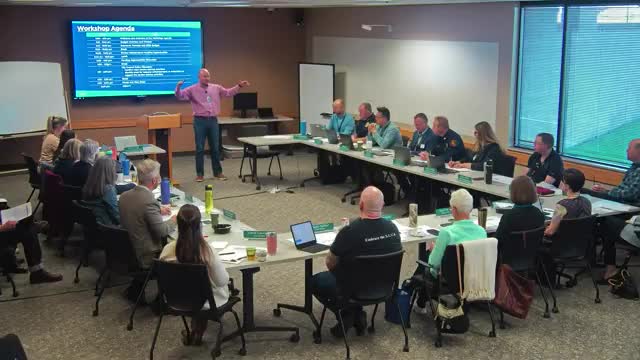Article not found
This article is no longer available. But don't worry—we've gathered other articles that discuss the same topic.
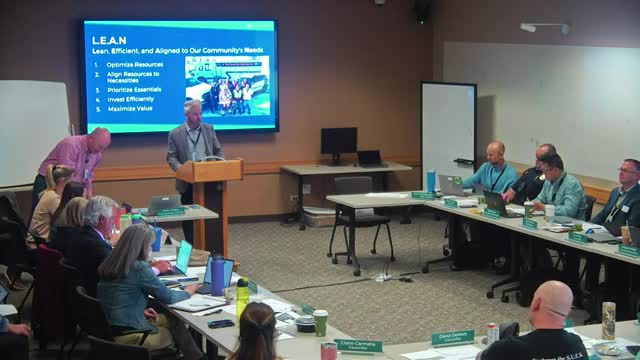
Council workshop flags public safety, water and streets as top service priorities and calls for better storytelling about efficiencies
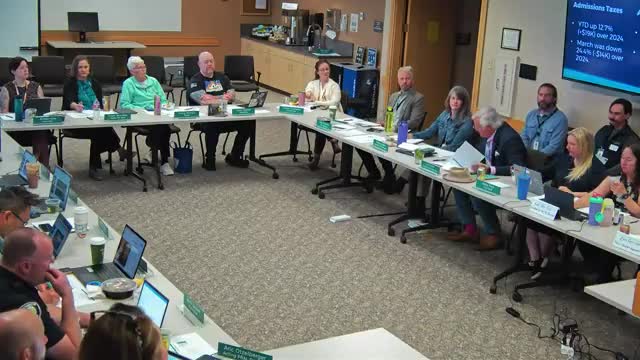
Council workshop narrows short‑term revenue dials; mayor asks for deeper polling and a plan before larger tax options
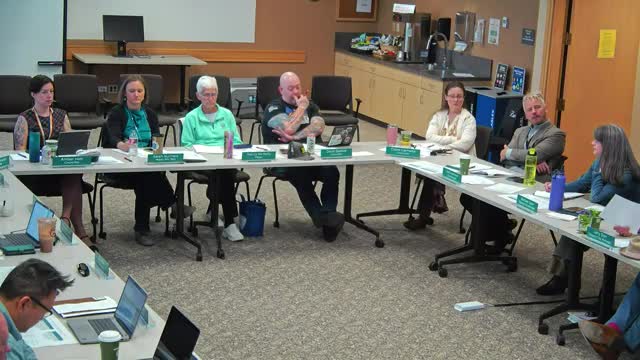
Westminster targets pavement quality index of 55, says asphalt funding must rise $4.1 million annually
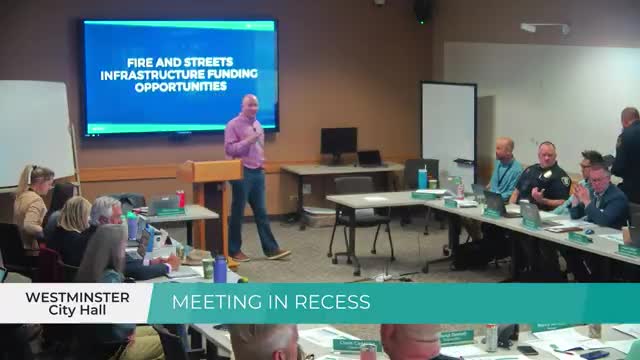
Westminster details $147 million capital package for fire stations, seeks phased funding and URA support
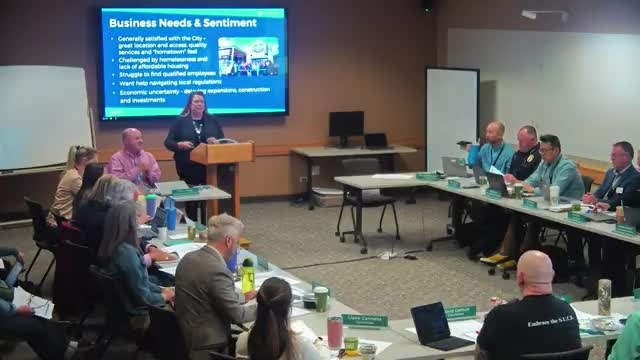
Westminster reports small‑business grants and new energy program leveraged private investment
